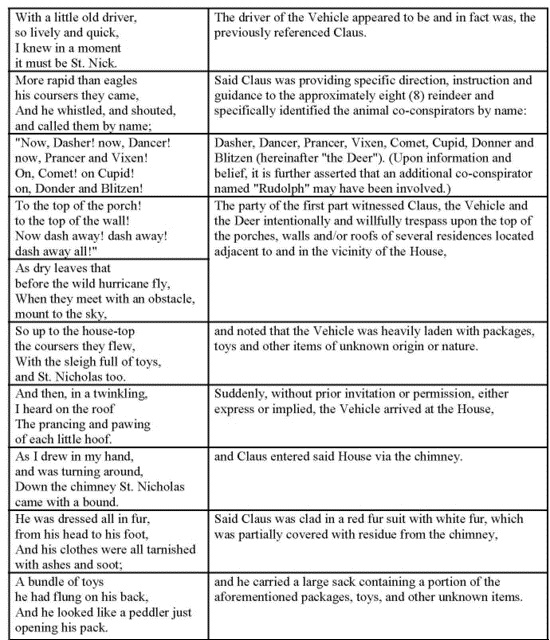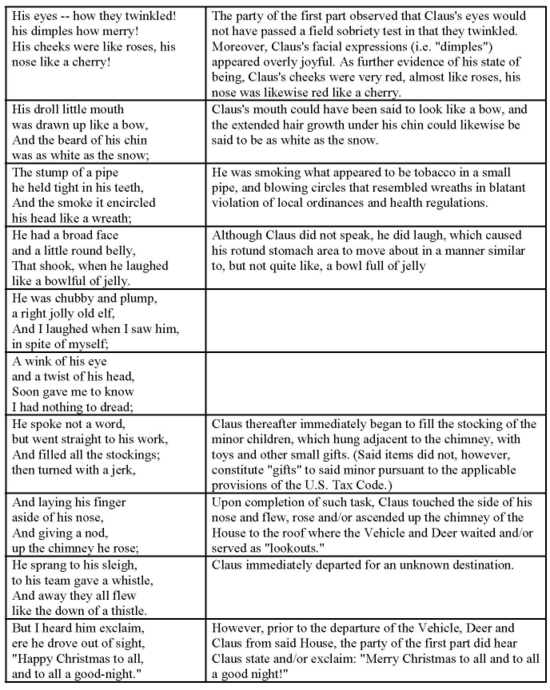
The American Hospital Association, along with several other organizations, filed an emergency stay of enforcement motion to prevent the Department of Health and Human Services’ hospital price transparency rule from going into effect Jan. 1. The rule requires each hospital operating in the U.S. to make public pricing information, including the prices they negotiate with commercial health insurers.
Last week, the Centers for Medicare and Medicaid issued a bulletin announcing its plans to audit a sample of hospitals for compliance with the rule starting in January.
The hospital groups filed the emergency motion Monday in response to the bulletin, arguing that enforcing the rule will “force overburdened hospitals to divert resources that hospitals desperately need to respond to the surge of Covid-19 cases.”
If the rule takes effect next month, hospitals will have to spend time on compliance rather than focusing on other pressing issues, including expanding bed capacity, planning for the vaccine rollout and completing virus reporting requirements, the groups argue in the motion filed in United States Court of Appeals for the District of Columbia Circuit.
“Whatever the public’s interest in hospital price transparency, it pales in comparison to the immediate public interest in an effective coronavirus response,” the emergency motion states.
Further, there is a lack of clarity around how to implement the price transparency rule’s requirements, the hospital groups claim.
There are monetary penalties for failing to comply with the rule. In cases of non-compliance, CMS can issue a warning, request a corrective action plan or impose a penalty of $300 per day if the hospital fails to submit the action plan or comply with its requirements.
The organizations that filed the motion, which include the Association of American Medical Colleges, Federation of American Hospitals and Memorial Community Hospital & Health System in Blair, Nebraska, are requesting that the court intervene by Dec. 31 to block the rule’s enforcement.
The hospital price transparency rule was finalized in November 2019, and it mandates that hospitals provide pricing information online about the items and services they offer in two ways: as a comprehensive machine-readable file and in a display of shoppable services in a consumer-friendly format.
The American Hospital Association and other hospital groups filed a lawsuit challenging the rule after it was finalized, but earlier this year a federal judge ruled against them. The hospital groups filed an appeal, and a panel of appellate judges heard oral arguments in October, according to Healthcare Dive. The appellate judges have not yet issued a final ruling.
The American Hospital Association has also sent a letter to the incoming administration of President-elect Joe Biden asking that they “exercise enforcement discretion” with respect to the hospital price transparency rule.
Photo credit: zimmytws, Getty Images













 Jordan Rothman is a partner of
Jordan Rothman is a partner of 




 Clint Crosier is General Counsel and Privacy Officer of iManage, a Chicago-based technology company that transforms how professionals get work done by combining the power of artificial intelligence with content and email management. Prior to joining iManage, he was a corporate attorney at Reed Smith, where he advised clients in transactional and general corporate matters. Clint can be reached at
Clint Crosier is General Counsel and Privacy Officer of iManage, a Chicago-based technology company that transforms how professionals get work done by combining the power of artificial intelligence with content and email management. Prior to joining iManage, he was a corporate attorney at Reed Smith, where he advised clients in transactional and general corporate matters. Clint can be reached at 
